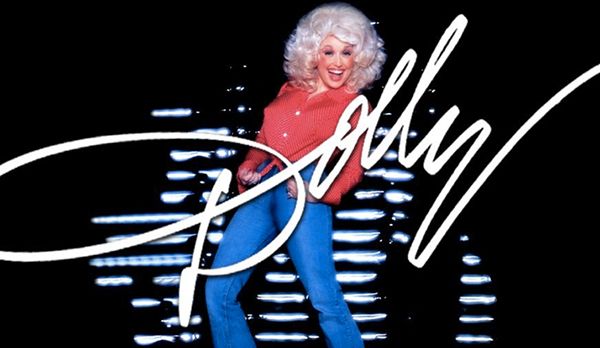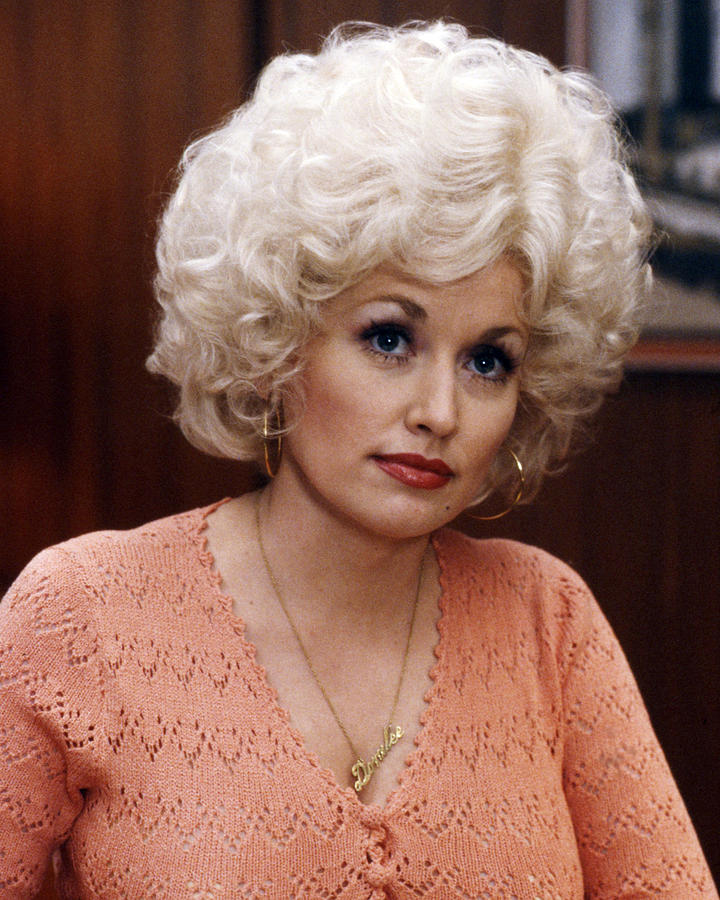“I Will Always Love You” by Dolly Parton is one of the most timeless and heartfelt ballads ever written, capturing the essence of love, loss, and gratitude. Released in 1974, the song originally topped the Billboard Hot Country Songs chart, reaching #1 not once, but twice—first in its initial release and again in 1982 after being re-recorded for the film The Best Little Whorehouse in Texas. While Whitney Houston’s rendition in 1992 for The Bodyguard is perhaps the most globally recognized, it’s Dolly’s original that resonates deeply with country music fans and remains a cornerstone of her legacy.

Dolly wrote the song as a farewell to her mentor and business partner, Porter Wagoner, with whom she had worked for years. As she prepared to move on from their professional relationship and pursue a solo career, she penned this deeply personal and moving tribute. What makes “I Will Always Love You” so special is its delicate blend of sorrow and grace; it’s a song about leaving, but without bitterness—only love and appreciation for the time spent together.
Musically, the song is tender and understated, with Dolly’s soft, crystalline vocals perfectly matching the emotional tone. Accompanied by gentle instrumentation, the song showcases her gift for writing simple yet deeply moving lyrics. There is no dramatic crescendo, no flashy production—just pure emotion, which is perhaps why it has endured so long in the hearts of listeners.
The song’s opening lines immediately set the tone:
“If I should stay, I would only be in your way…”
This simple, selfless sentiment strikes at the heart of the song. Dolly is acknowledging that staying would not benefit either party and that the best thing she can do is to leave, but she does so with immense love and respect. It’s not about anger or regret but rather a mature recognition that sometimes, even when you care deeply for someone, it’s time to let go.
The chorus, of course, is the emotional core of the song:
“And I will always love you, I will always love you…”
This powerful declaration is repeated, emphasizing the enduring nature of the love she feels. Even though they are parting ways, her love remains unchanged. It’s a theme that resonates universally, as nearly everyone has experienced the bittersweet feeling of loving someone yet knowing they must go their separate ways.
When Dolly re-recorded the song in 1982, it was featured in the film The Best Little Whorehouse in Texas, introducing it to a new generation of listeners. It once again climbed to the top of the country charts, proving its lasting appeal. And while Whitney Houston’s 1992 version catapulted the song to worldwide fame, it is Dolly’s original, with its gentle sincerity and understated elegance, that continues to hold a special place in the hearts of country music fans.
What’s remarkable about “I Will Always Love You” is its versatility. The song can be interpreted as a romantic farewell, but its meaning extends far beyond that. Whether it’s about saying goodbye to a friend, a mentor, or even a phase of life, the song speaks to the universal experience of loving someone or something deeply but knowing it’s time to move on. It’s this emotional depth and relatability that have allowed the song to transcend genres and generations.
Dolly herself has expressed surprise at the song’s massive success, particularly after Houston’s cover. Yet, she has always maintained that the song holds a deeply personal meaning for her. For Dolly, it’s not just a hit single—it’s a piece of her heart, a testament to a pivotal moment in her life when she made the difficult decision to part ways with someone she cared about deeply.
In many ways, “I Will Always Love You” epitomizes what makes Dolly Parton such an extraordinary artist. She has an unmatched ability to tap into universal emotions while still making her songs feel personal and intimate. Her songwriting is simple yet profound, and her voice carries a purity and emotional honesty that connects directly with listeners.
Dolly’s legacy is vast, but “I Will Always Love You” remains one of her crowning achievements. The song has become a cultural touchstone, covered by countless artists and used in films, television, and countless personal moments between loved ones. Its message of enduring love in the face of separation is timeless, and its place in music history is firmly cemented.
In conclusion, “I Will Always Love You” is more than just a song—it’s a love letter, a farewell, and a promise all rolled into one. Dolly Parton’s original version captures the beauty of the song in its purest form, a testament to her songwriting genius and her ability to touch the hearts of millions. Whether you’re hearing it for the first time or the hundredth, the song’s emotional power never fades, and it remains one of the most beautiful expressions of love in all of music.
If I should stay
Well I would only be in your way
And so I’ll go, and yet I know
I’ll think of you each step of the way
And I will always love you
I will always love you
Bitter-sweet memories
That’s all I’m taking with me
Good-bye, please don’t cry
‘Cause we both know that I’m not
What you need
But I will always love you
I will always love you
And I hope life, will treat you kind
And I hope that you have all
That you ever dreamed of
Oh I do wish you joy
And I wish you happiness
But above all this
I wish you love
I love you
I will always love you
I, I will always, always love you
I will always love you
I will always love you
I will always love you
